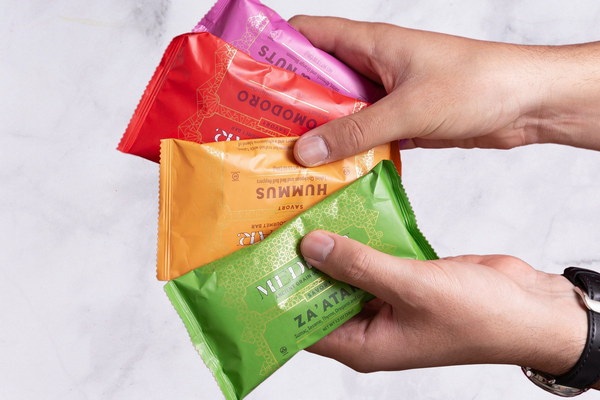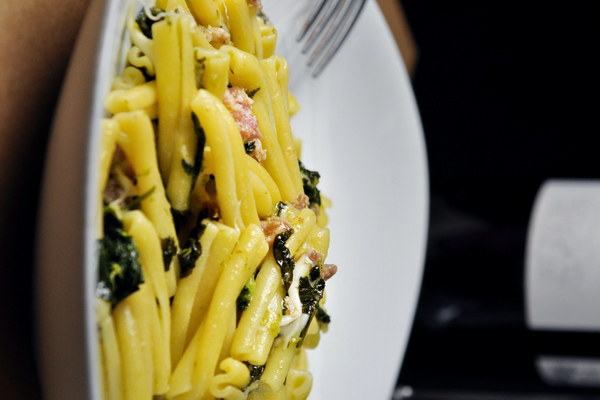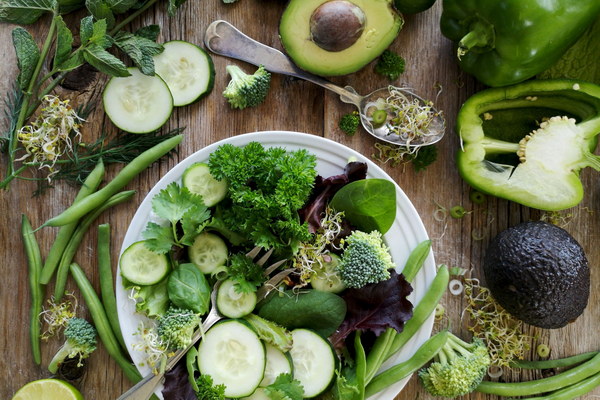Is Rice a Good Source of Blood and Qi Unraveling the Truth
In the realm of traditional Chinese medicine, rice is often hailed as a superfood, believed to be beneficial for replenishing blood and Qi. But is there any truth to this claim? Let's delve into the topic and uncover the facts.
To begin with, it's essential to understand the concept of blood and Qi in traditional Chinese medicine (TCM). Blood, known as Xue in Chinese, is considered the substance that nourishes and maintains the body's tissues and organs. On the other hand, Qi, or Qi, is the vital life force that flows through the body, regulating various physiological processes.

According to TCM, a person's health is influenced by the balance of blood and Qi. When either of these elements is deficient, it can lead to various health issues. Therefore, it's crucial to find foods that can help replenish and balance blood and Qi.
Rice, as a staple food in many Asian cultures, has been consumed for centuries and is often considered a symbol of nourishment. Its high carbohydrate content makes it an excellent source of energy, which is essential for the production of blood and Qi.
One of the primary reasons rice is believed to be beneficial for blood and Qi is its inherent yin nature. In TCM, yin represents cool, moist, and nourishing qualities. By consuming foods with a yin nature, individuals can help balance their body's Yin and Yang, leading to improved health and vitality.
Furthermore, rice is rich in various nutrients that contribute to the production of blood and Qi. For instance, it contains:
1. Iron: A crucial mineral for the production of hemoglobin, which is responsible for carrying oxygen to the body's tissues.
2. Folic acid: Essential for the formation of red blood cells and the prevention of anemia.
3. Vitamin B1 (thiamine): Necessary for the conversion of carbohydrates into energy, which is vital for the production of blood and Qi.
4. Magnesium: A mineral that helps regulate blood sugar levels, which can impact blood and Qi balance.
While rice offers numerous health benefits, it's important to note that its impact on blood and Qi may vary depending on the individual. For some people, consuming rice in moderation can be beneficial, while for others, it may not be as effective.
Here are a few tips to maximize the benefits of rice for blood and Qi:
1. Choose the right type of rice: Brown rice and other whole grains are richer in nutrients compared to white rice, making them a better choice for replenishing blood and Qi.
2. Pair with iron-rich foods: Consuming rice alongside iron-rich foods, such as beans, lentils, and green leafy vegetables, can enhance its iron content, leading to better blood production.
3. Balance your diet: While rice can be a valuable addition to your diet, it's crucial to consume a balanced diet that includes a variety of nutrients to support overall health.
4. Pay attention to portion sizes: Overconsumption of rice, like any other food, can lead to weight gain and other health issues. It's essential to consume it in moderation.
In conclusion, while rice is often considered a good source of blood and Qi in traditional Chinese medicine, its impact on individual health may vary. By incorporating it into a balanced diet and pairing it with other nutrient-rich foods, you can potentially reap its benefits. However, it's essential to consult with a healthcare professional or a TCM practitioner to determine the best approach for your specific health needs.









